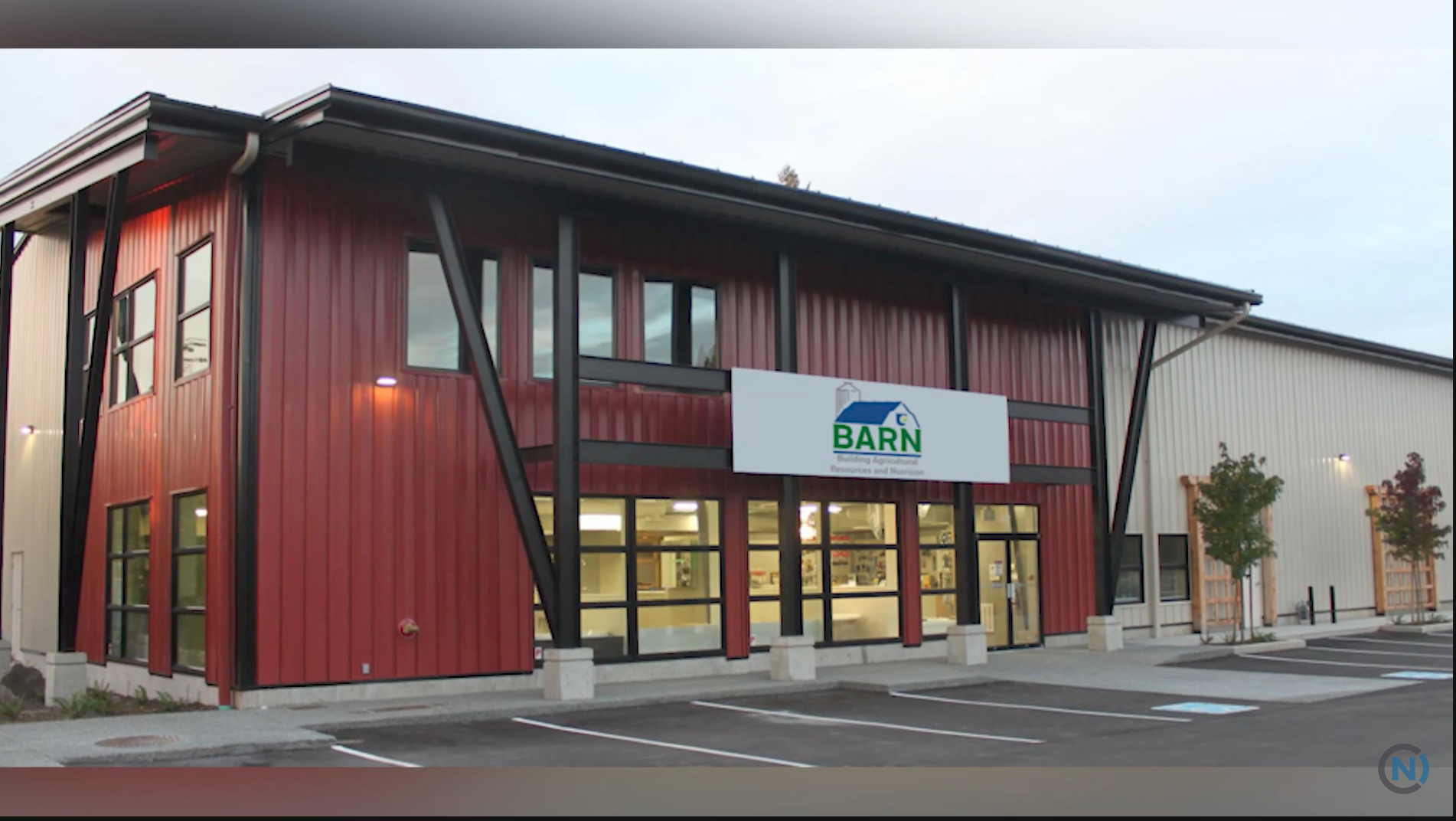Increasing Food Access Blog
Local leaders are working collaboratively to create a sustainable food system that benefits both the growers’ economics and consumers’ health. The partnerships around food access in local communities are creating templates for other communities to improve their food supply systems, enhance health outcomes, and boost their local economy.

The Problem
North Carolina has the 8th highest rate of food insecurity in the nation. Recent statistics indicate that children have even higher rates of food insecurity in our state. Almost 1 in 5 of North Carolina’s children do not have consistent access to enough healthy and nutritious food.
The COVID-19 pandemic exposed the challenges many households in our state face when trying to access affordable, healthy, and nutritious produce. This issue affects one in five people in Anson County, which lies along the South Carolina border near Charlotte. Their lack of access to healthy foods during the pandemic was compounded by the dearth of grocery stores in the community (only two operate in the county), supply chain constraints, and rising prices due to inflation. When residents can’t find fresh produce, they often turn to food sources that are much more accessible and affordable. Unfortunately, many of those foods are not healthy. Obesity, hypertension, and diabetes are all conditions with high rates in Anson County, and those rates are attributable to or exacerbated by poor diets. A partnership of organizations in the community has decided that the way to mitigate these poor health outcomes is to provide greater access to fresh produce.
The Solution
Atrium Health and the Caraway Foundation provide free fresh produce boxes every Wednesday morning in Anson County. The partnership also includes local towns and churches. The service provides health benefits to the community and hope for the future.
Other communities are implementing similar programs to increase household access to fresh foods. The High Country Food Hub of Boone is an online farmers market run by the non-profit Blue Ridge Women in Agriculture. It connects local farmers and their produce with local customers, sourcing from more than 70 local farmers. Customers can shop online for fresh vegetables, fruit, dairy products, and other items offered by most larger grocery stores. The Food Hub gained popularity during the pandemic as more people stayed away from grocery stores, and it now serves customers in various rural communities, including Ashe, Avery, Caldwell, and Wilkes counties, all outside of its home base of Boone. The Hub offers residents of these counties a Double-Up food bucks program, which cuts prices in half for those who qualify for federal nutrition assistance.
The Players
The High Country Food Hub was initially given its start by the Watauga County Board of Commissioners, who granted the Blue Ridge Women in Agriculture a space in the Watauga County Agricultural Services Center. The group then secured funding from the USDA’s Local Food Promotion program to purchase a freezer and renovate the space. The Food Hub has set up satellite hubs and pickup locations with the support of donations and grants from organizations such as the Golden LEAF Foundation and Second Harvest Food Bank. In 2021, a second pickup location was added at the Ashe County Library to extend its reach to more rural communities. The Food Hub also offers pick-up locations in Newland, Blowing Rock, and Banner Elk. The network has grown since its launch, with sales reaching more than $2 million by 2022. Community support and partnerships have been key to the growing network, using food as a tool for a stronger and healthier community.
Collaborations developing community-based innovations to help residents access healthy food are making a difference across North Carolina. Higher education has heavily invested in many of these efforts. Union County is one notable example of the role played by higher education institutions in community partnerships.
Farmland covers about 46% of Union County, yet 11% of the population does not have reliable access to affordable and nutritious food. Wingate Community Garden at Wingate University is one of several teaching community gardens designed to teach the public how to grow their own produce. The Union County Cooperative Extension Office, a joint effort of NC State University and North Carolina A&T, is also researching various plants and using them as an educational tool for young people and the larger community. Wingate University and the Cooperative Extension Office are among county leaders working on developing The Barn, a food-focused industrial park near Wingate University that will include a shared commercial kitchen, food processing equipment, and shipping capabilities. The Barn aims to connect producers and consumers by cutting out the expensive middlemen in production and shipping. Wingate University is also starting a concentration within its biology major that focuses on agriculture and food systems to help fill the estimated 50,000 job openings in the industry at any given time. The program will cover holistic agriculture from production to logistical movement, cold storage, marketing, health, wellness, and nutrition.
The Promise
As noted above, several initiatives aimed at improving the food supply systems in Union County have recently been launched. These initiatives aim to address food insecurity, encourage people to grow their own produce, educate the youth and community on agriculture, and fill job openings in the agriculture industry. Local leaders are working collaboratively to create a sustainable food system that benefits both the growers’ economics and consumers’ health. The partnerships around food access in local communities are creating templates for other communities to improve their food supply systems, enhance health outcomes, and boost their local economy.



